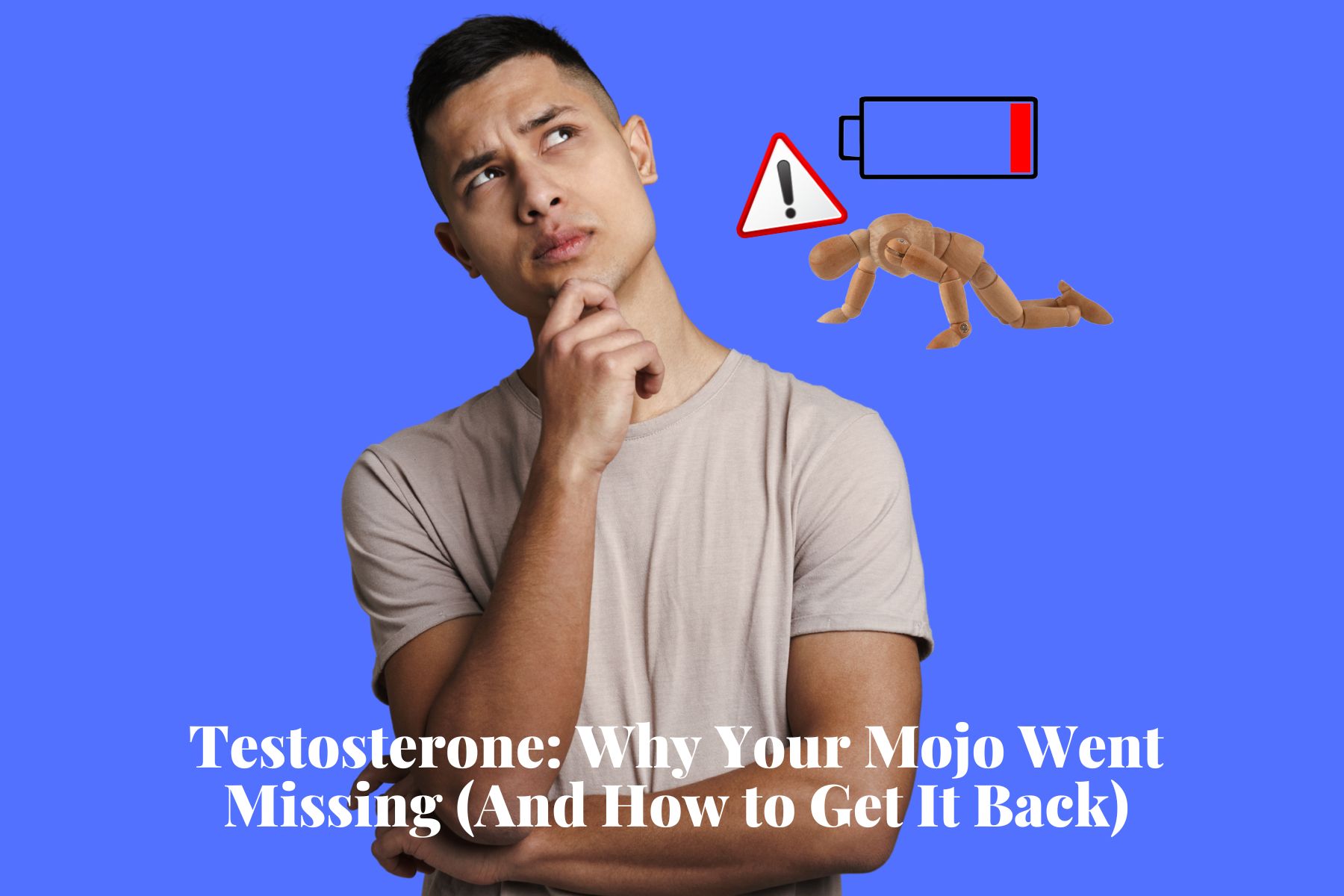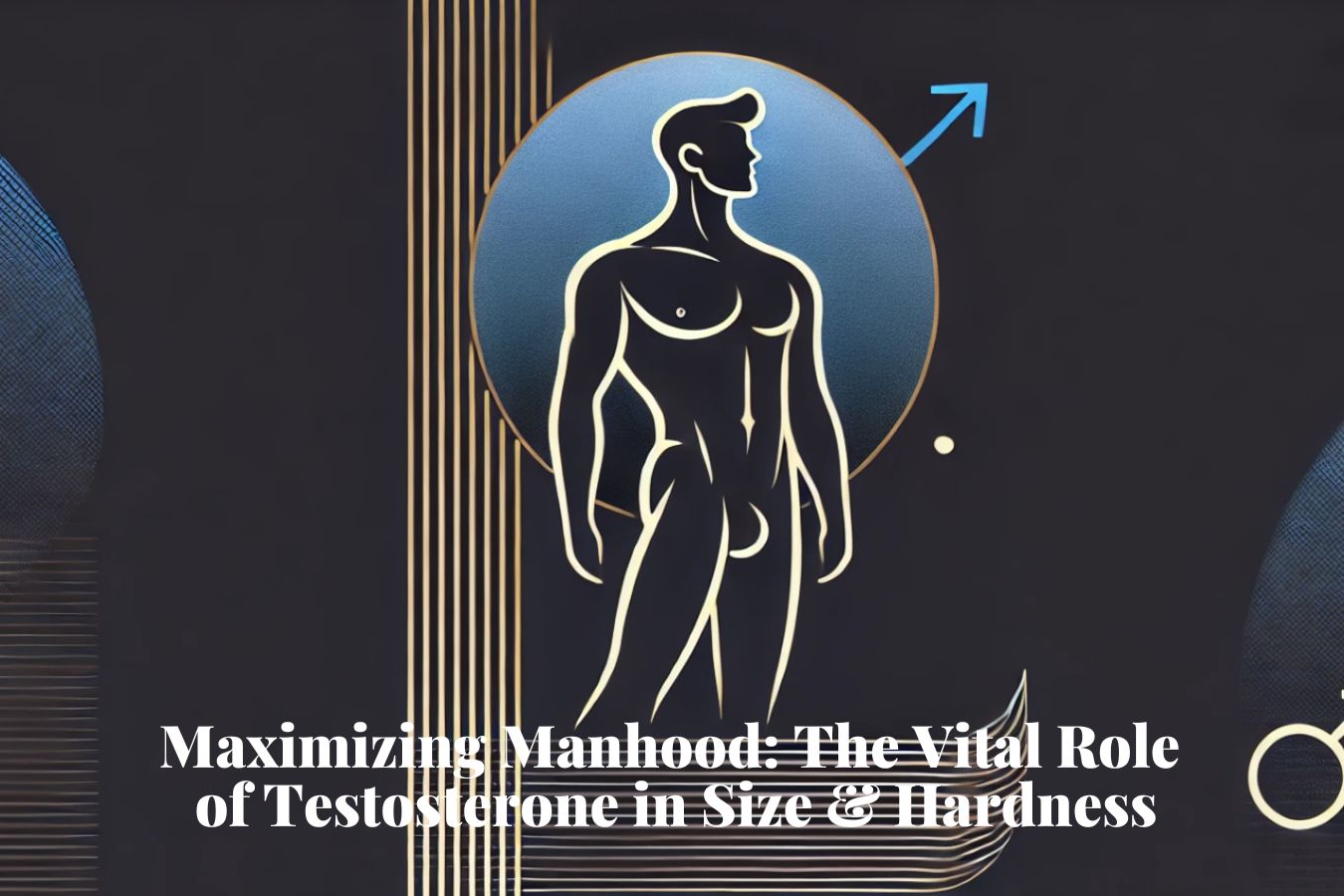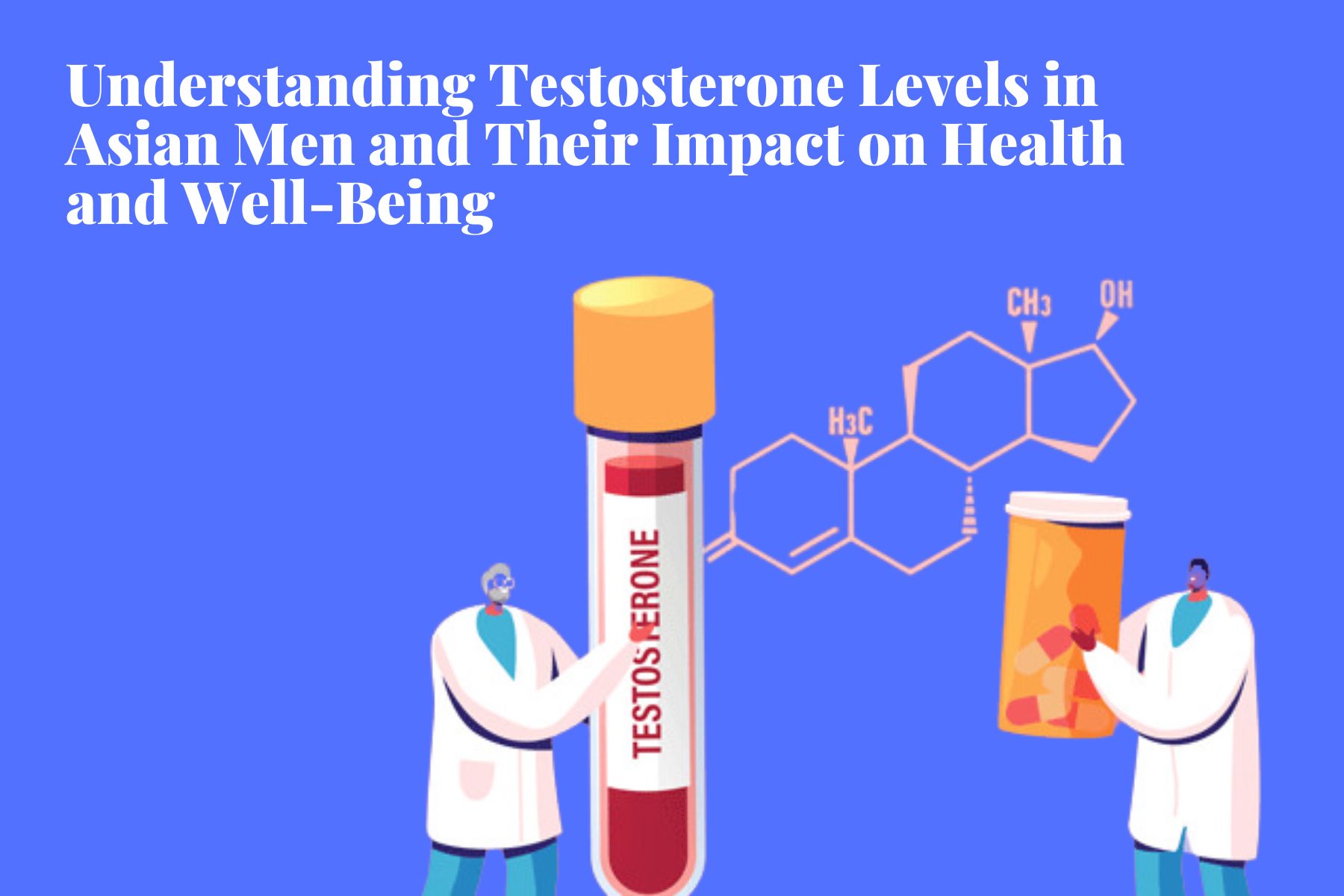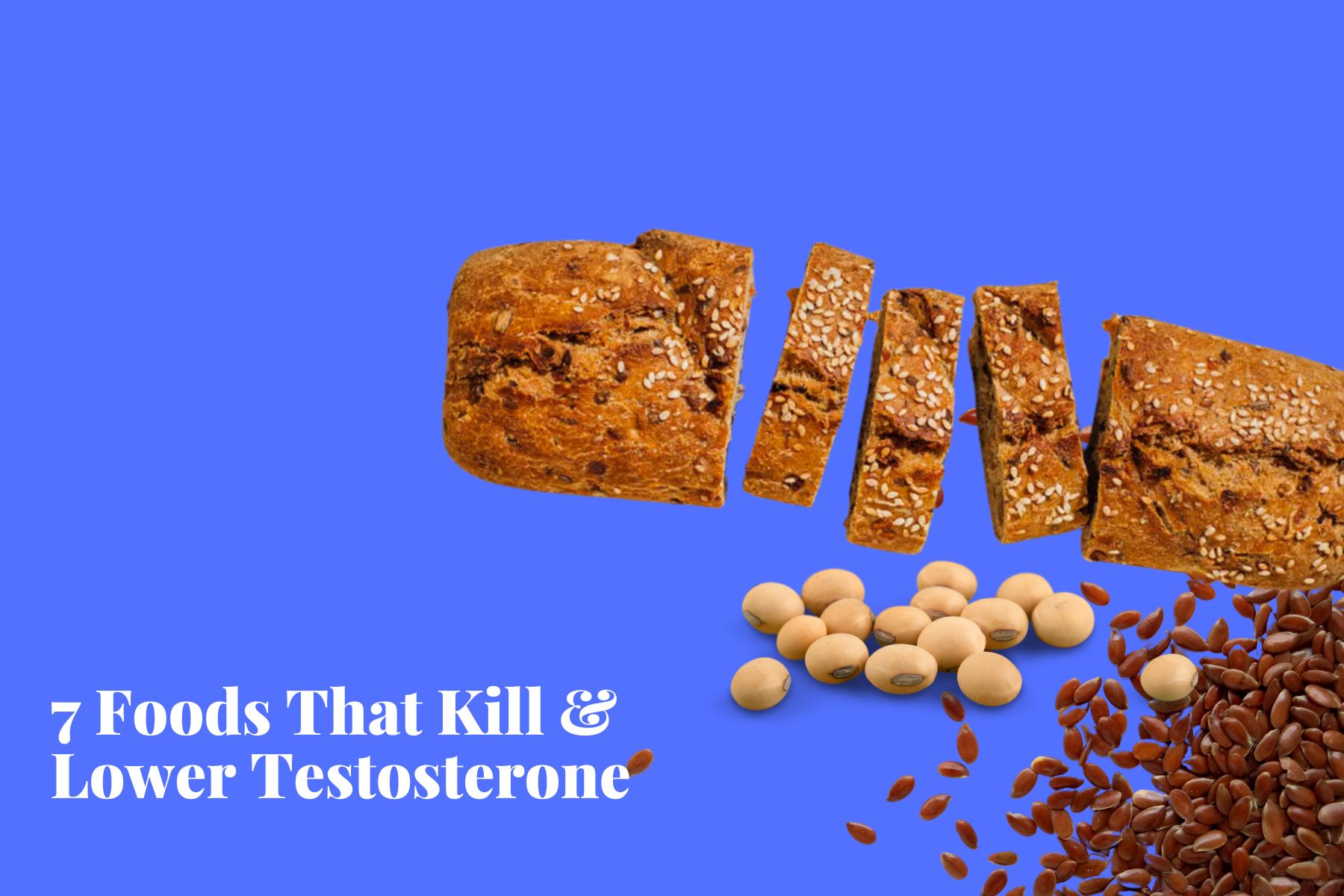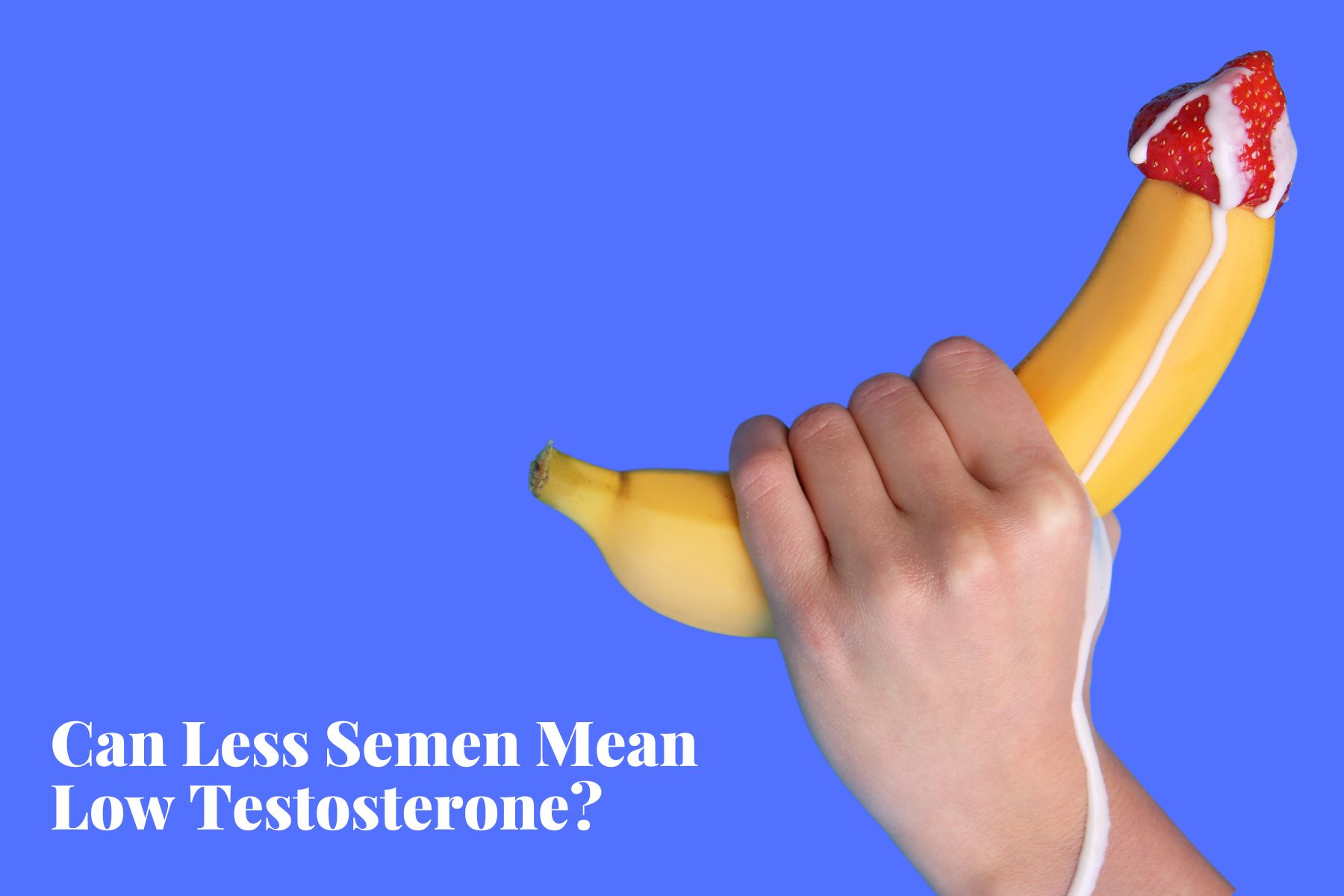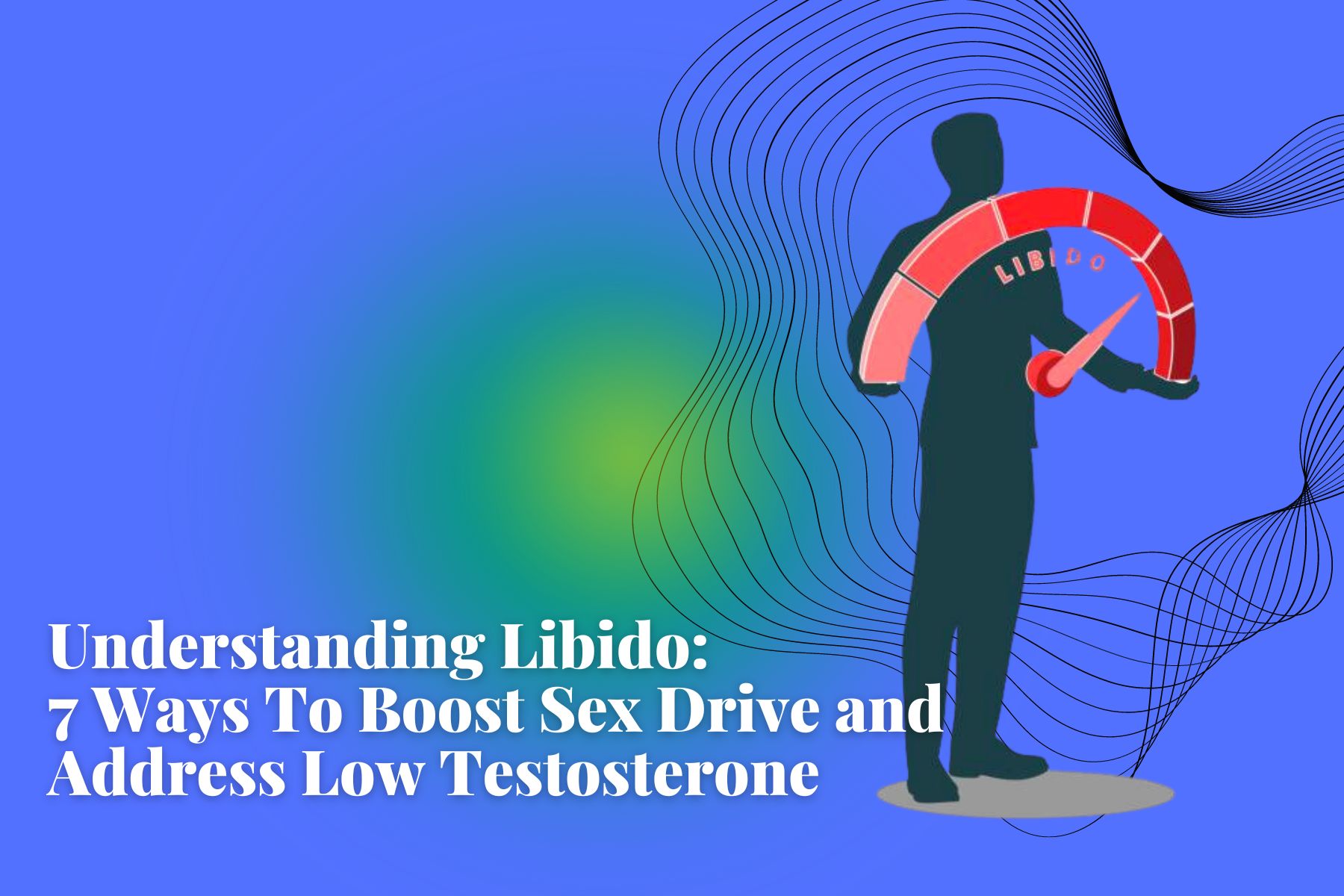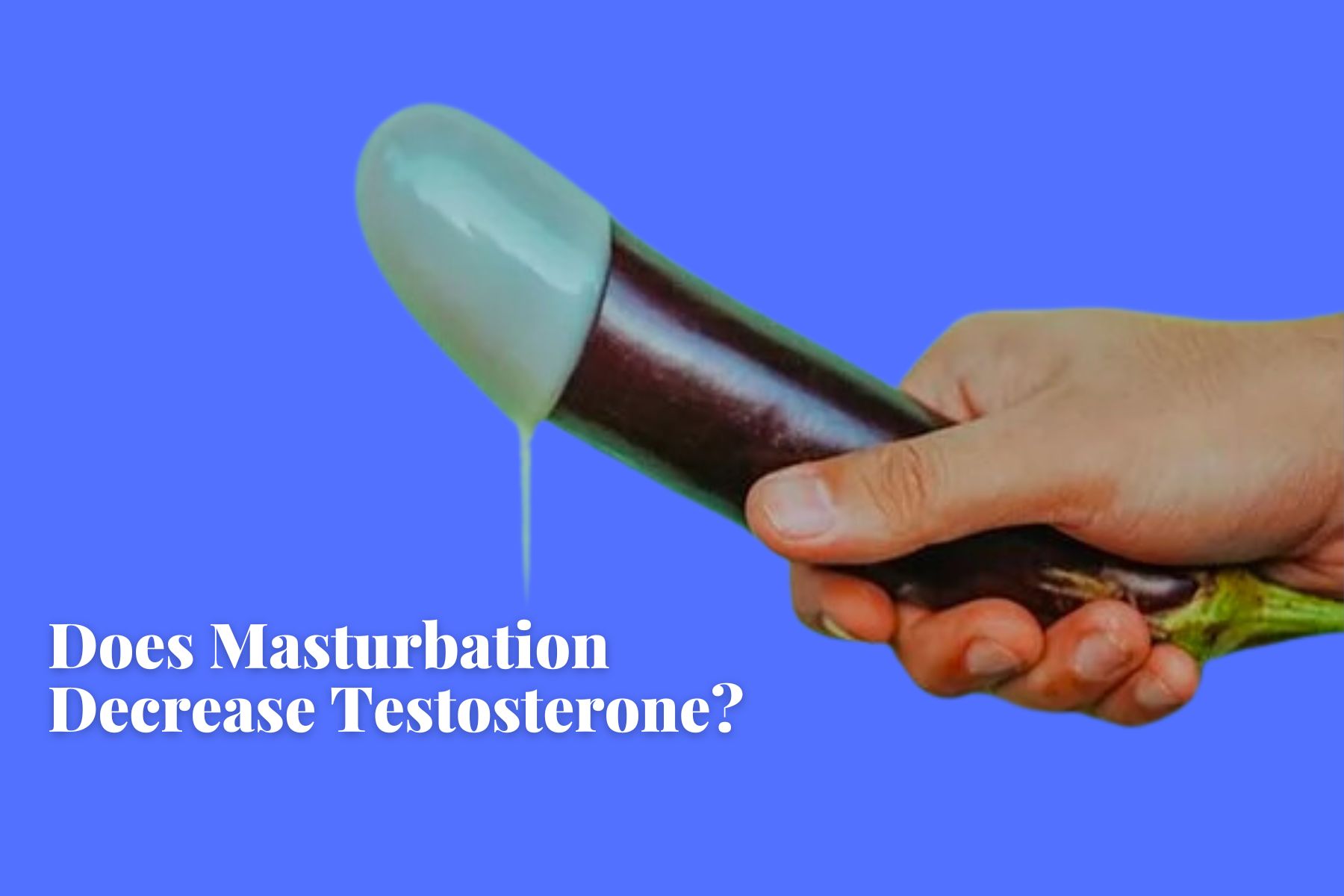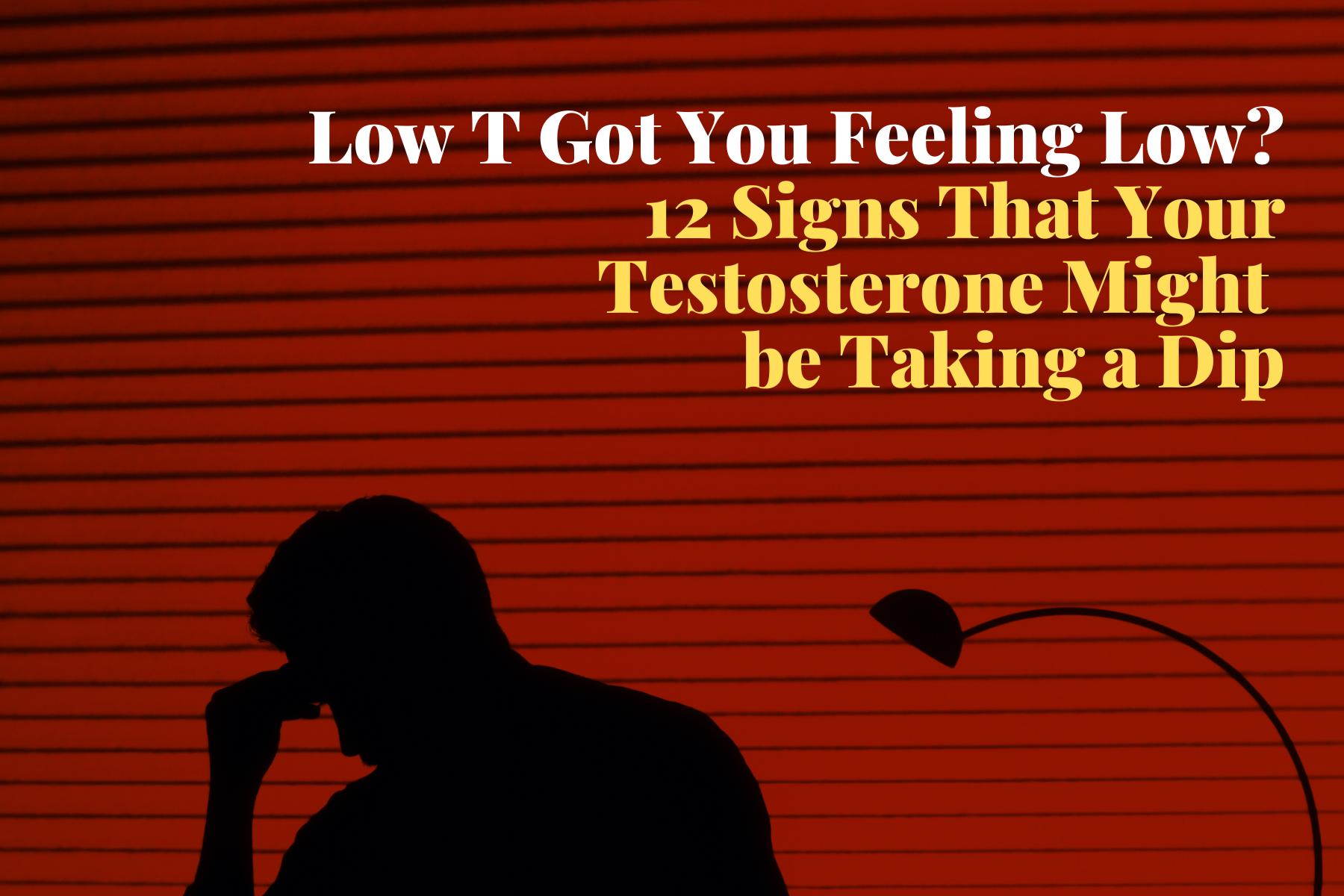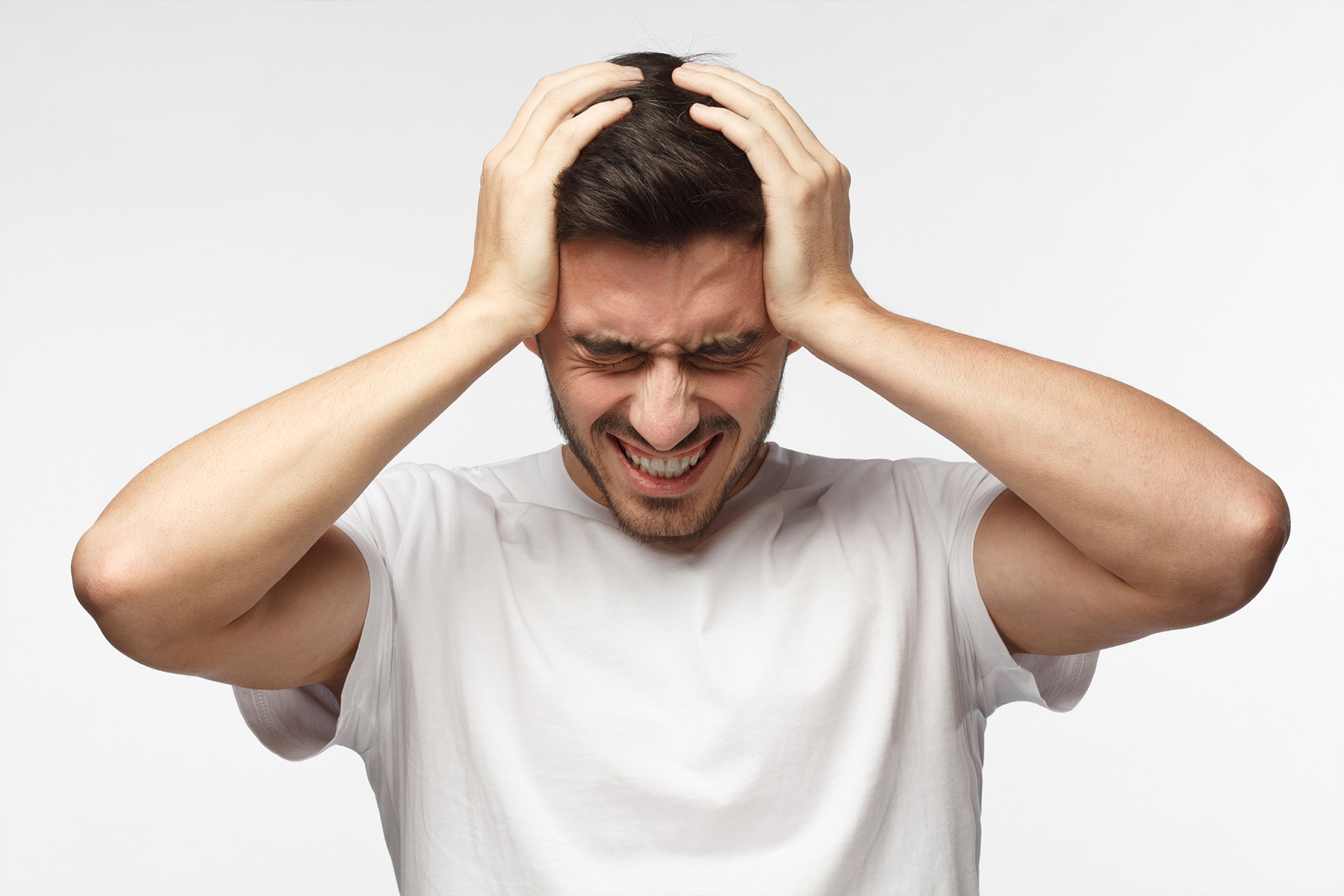Men's Sexual Health Journal:
BOOST TESTOSTERONE
The Mysterious Case of the Missing Mojo Remember your 20s? You could hit the gym, party till 3 AM, and still show up at work looking semi-human. Fast forward a decade or two, and suddenly: You’re choosing Netflix over nightlife. The gym feels like punishment. Bedroom performance? Let’s just say… not quite the highlight reel it used to be. What happened? Meet the silent culprit: declining testosterone.
Testosterone, often hailed as the cornerstone of male vitality, influences everything from muscle mass and bone density to mood and libido. While many are familiar with the traditional factors affecting testosterone—such as diet, exercise, and sleep—there are lesser-known elements that play a pivotal role in hormonal health. Delving into these can provide a comprehensive approach to optimizing testosterone levels.
Many men seek ways to enhance their physical attributes and optimize their sex hormones, particularly testosterone, which plays a crucial role in muscle growth, libido, and overall vitality. While genetics set the foundation, certain lifestyle choices can significantly impact male size and hormone levels. One effective solution is the Zesttee Superman Program, a comprehensive system designed to boost testosterone and improve sexual performance naturally.
Testosterone plays a pivotal role in men’s overall health, influencing not only energy levels and mood but also sexual performance. In particular, testosterone is essential for maintaining the size and hardness of the manhood. Understanding this connection can help men make informed decisions about their health and explore effective solutions to boost their sexual well-being.
Testosterone, a key hormone predominantly associated with male health, plays a central role in various bodily functions such as muscle mass maintenance, bone density, mood regulation, and energy levels. While many aspects of testosterone function are universal, research suggests there are variations in testosterone levels across different ethnic groups, including Asian men. Understanding these variations, along with their potential impact on health and well-being, is crucial in addressing specific health needs and improving quality of life.
Are there foods that can zap your testosterone levels? We’ve rounded up a few you might want to avoid.Testosterone, an essential hormone produced in the testicles, plays a crucial role in regulating sex drive, fertility, fat distribution, and muscle mass. Keeping your testosterone levels healthy is important not just for sexual performance but for your overall well-being and quality of life.
If you've ever ventured into the world of fitness and health, you've probably heard about the magic word "testosterone." Often associated with muscle growth, energy levels, and overall vitality, testosterone is a hormone that plays a crucial role in the human body. But does working out actually increase testosterone levels? Let’s find out!
Hey there, let's dive into the mystical realm of sexual desire, the kind that feels as magical as pixy dust. It's that natural, effortless, and transcendent force that we've all fallen head over heels for at some point. But, you know, what happens when fantasy meets reality? Turns out, many women grapple with low sexual desire. Now, I'm not big on throwing statistics around because, honestly, if a woman is sitting in my office feeling like her desire is MIA, the numbers don't matter. It's about her unique experience.
A healthy sex drive, also known as libido, is a vital aspect of overall well-being, contributing to a satisfying and fulfilling life. Libido encompasses the desire for sexual activity and plays a significant role in intimate relationships. However, various factors, including stress, hormonal imbalances, and lifestyle choices, can affect libido. In particular, low testosterone levels can contribute to a diminished sexual desire. In this article, we will explore what libido is, its significance, and seven effective strategies to increase libido while addressing factors such as low testosterone to reignite the passion in your relationship.
Numerous myths surround the topic of masturbation, ranging from hairy palms to blindness. Contrary to popular belief, decades of research have failed to establish a connection between masturbation and decreased testosterone levels. In this article, we explore the scientific findings related to the effects of masturbation on testosterone levels, sexual performance, and overall sexual health.
Ready to unlock your inner superhero? Look no further than your cozy bed! While it may not come with a cape, a good night's sleep is your secret weapon for maintaining peak performance, especially when it comes to testosterone – the hormone that makes you feel like a champion. In this article, we'll embark on a thrilling journey to understand how a lack of sleep can throw a curveball at your testosterone levels and how to ensure they remain in the home run zone!
As men age, their testosterone levels naturally decline, and this can have a range of effects on their health and well-being. While testosterone decline is a natural part of the aging process, it's important to be aware of the signs of low testosterone so you can take steps to manage the symptoms.
So, you're wondering what happens when your testosterone levels take a dip, huh? Well, let me break it down for you in plain talk. When your testosterone is running low, it can throw a bunch of stuff out of whack, from your muscles and bones to your mood, energy, and bedroom performance.
How To Lower Stress Hormone - The Ultimate Manhood Killer
As your body perceives stress, your adrenal glands make and release the hormone cortisol into your bloodstream. Cortisol (the stress hormone) causes an increase in your heart rate and blood pressure - a natural “flight or fight” response that has kept humans alive for thousands of years.

